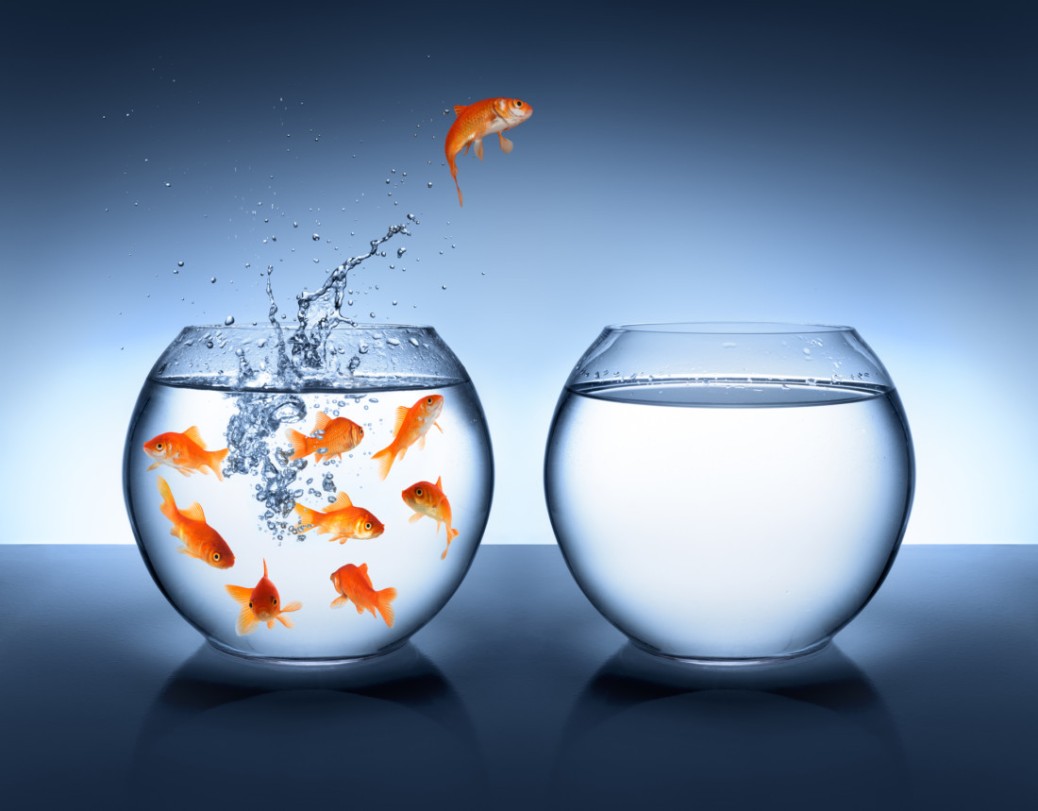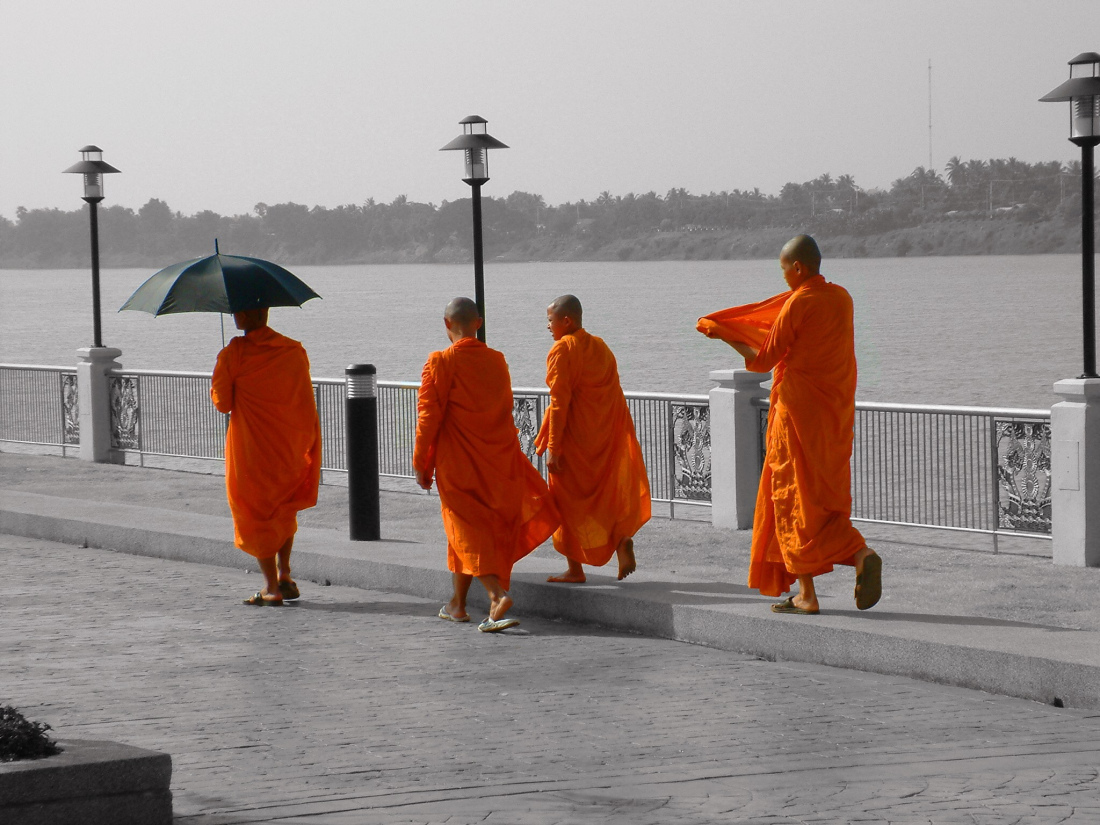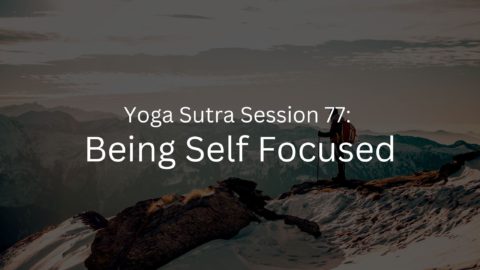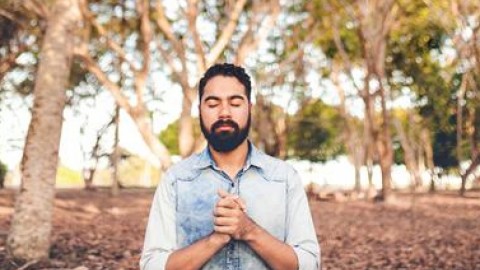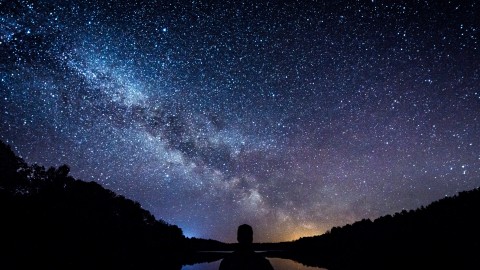We will have a few questions from Yoga Sutra 49.
Question To Osho – IN ONE OF YOUR LECTURES SOMETHING HAS HIT ME HARD. IT IS THE CONTRADICTION BETWEEN TRUSTING MYSELF AND TRUSTING YOU. THERE IS A PART OF ME THAT SAYS: IF I TRUST MY OWN SELF AND FOLLOW MY OWN SELF, THEN I HAVE SURRENDERED AND SAID YES TO YOU. BUT I AM NOT SURE WHETHER THAT IS JUST A RATIONALIZATION I HAVE CREATED FOR MYSELF.
THE MIND IS VERY CUNNING, and that has to be constantly remembered. This is what I have been saying to you: that if you trust yourself, you will trust me. Or, from the other side, if you trust me you will naturally trust yourself. The contradiction does not exist. The contradiction arises because of the mind. If you trust yourself you trust all, because you trust life. You trust even those who will deceive you, but that is irrelevant. That is their problem; it is not your problem. Whether they deceive you or they don’t deceive you, it has nothing to do with your trust. If you say, “My trust exists only with a condition that nobody tries to deceive me,” then your trust cannot exist because every possibility will create a certain hesitation in you: “Who knows? – the person may be going to deceive me.”
How can you see the future? The deception will happen in the future, if it happens, or if it does not happen, that too is in the future – and trust has to be here-now.
And sometimes a very good man can deceive you. A saint can become a sinner at any moment.
And sometimes a very bad man can be very deeply trustworthy. After all, sinners become saints.
But that is in the future, and if you make a condition for your trust, then you cannot trust. Trust is unconditional. It simply says, “I have that quality which, trusts. Now, it is irrelevant what happens to my trust – whether it is respected or not, whether it is deceived or not. That is not the point at all.”
Trust has nothing to do with the object of trust, it has something to do with your inner quality: can you trust? If you can trust, of course the first trust will happen about yourself – you trust yourself. The first thing has to happen at the deepest core of your being. If you don’t trust yourself then everything is very far away. Then I am very far away from you. How can you trust me? You have not trusted even yourself who is so close. And how can you trust your trust, about me if you don’t trust yourself?
If you don’t trust yourself, whatsoever you do, a deep mistrust will continue as an undercurrent. If you trust yourself, you trust, the whole life – not only me, because why only me? Trust is all-inclusive.
Trust means: trust in life, the whole that surrounds you; the whole out of which you have come, and the whole into which one day you will dissolve.
Trust simply means that you have understood the neurosis of doubt, that you have understood the misery of doubt, that you have understood the hell that doubt creates. You have known doubt and by knowing it you have dropped it. When doubt disappears, there is trust. It is something of a transformation within you, your attitude, approach. Trust knows no contradiction.
The questioner asks, “It is the contradiction between trusting myself and trusting you.” If that is the contradiction, then trust yourself. If you can trust yourself nothing else is needed. Then you are deeply rooted in your trust, and when a tree is deeply rooted in the earth, it goes on spreading its branches into the unknown sky. When it is rooted in the earth, it can trust the sky. When the tree is not rooted in the earth, then it cannot trust the sky; then it is always afraid: afraid of the storm, afraid of the rains, afraid of the sun, afraid of the wind, afraid of everything. The fear is coming from the roots. The tree knows that she is not rooted perfectly. Any slight accident, and she will be gone. She is already gone. Such a life, unrooted, uncentered, is not a life at all. It is just a slow, long suicide.
So if you trust yourself, forget all about me. There is no need even to raise the question. But you know and I know that you don’t trust yourself.
The mind is creating a very cunning device. The mind is saying, “Don’t trust anybody, trust yourself”; and you cannot trust yourself. That’s why you are here. Otherwise why would you be here? One who trusts himself need not go anywhere, need not go to any Master, need not go to learn anywhere.
Life is coming to you in millions of ways; there is no need to go anywhere.
Wherever you are, the truth will happen, but you don’t trust yourself. And when I say, “Trust me,” that is only a device to help you trust. You cannot trust yourself? – Okay; trust me. Maybe trusting me will give you a taste of trust; then you can trust yourself.
The Master is nothing but a long way to come to yourself, because you cannot come through the shortest way. You have to follow a slightly longer route. But via the Master, you come to yourself. If you are stuck with me then I am your enemy, then I have not been a help to you. Then I don’t love you, then I don’t have any compassion for you. If I have any compassion, then by and by, I will turn you back towards yourself. That’s what I go on saying: “If you meet a Buddha on the way, kill him!”
If you start clinging to me, drop me immediately. Kill me, forget all about me. But your mind will say, “When there is so much fear of clinging, it is better never to start the journey.” Then you remain in self distrust. I’m simply giving you an opportunity to have a taste of trust.
Listening to me when I say don’t cling to the Master, your ego starts feeling very good. It says, “Perfectly true. Why should I trust anybody? Why should I surrender to anybody? Exactly, this is the right thing!” That’s what has happened to J. Krishnamurti’s disciples. For forty, fifty years he has been teaching, and there are many who have listened their whole lives to him, and nothing has happened – because he goes on insisting that there is no Master, no disciple. He goes on throwing you upon yourself. Even before you have a taste of trust, he goes on throwing you upon yourself.
Before you start clinging he’s alert, very alert. He will not allow you to approach him. This is one extreme. Your ego feels very good that you don’t have any Master, that you don’t have to surrender to anybody. You? – And surrendering? It does not look good; looks like humiliation. You feel very good. With Krishnamurti, all sorts of egoists have gathered together around him. If you want to find the most cultured egoists, then you will find them around Krishnamurti. They are very cultured, sophisticated, very intellectual, very cunning and clever, logical, rationalizers, but nothing has happened to them. Many of them come to me and they say, “We know, we understand, but our understanding has remained intellectual. Nothing has happened. We have not been transformed, so what is the point?” Krishnamurti says don’t cling to him, but you are clinging to yourself. If there is any choice to be made, better to cling to Krishnamurti than clinging to yourself. At least you are clinging to a better person.
Then there is another extreme. There are gurus who insist that you should cling to them. Surrender seems to be the end, not the means. They say, “Remain completely with me. Never allow any movement back to your home.” That too seems to be dangerous, because then you are always on the path and never reach the goal – because the goal is you. I can become a path; Krishnamurti won’t allow you to make him a path. Then there are others who won’t allow you to become the goal.
They say, “Go on travelling, go on travelling.” You remain always on the pilgrimage and you never arrive – because arrival has to be at your innermost core of being. I cannot be your arrival. How can I be your arrival? One day or another you have to make me; a departure.
I’m neither in agreement with Krishnamurti, nor with the other extremists. I say: use me as a path, but as a path remember. And if I start becoming a goal, kill me immediately, drop me immediately – because now the medicine is becoming like a disease. Medicine has to be used and forgotten. You should not carry the bottles and the prescription continuously with you. It was; a means, instrumental; now you are healthy, drop it, forget all about it. Be thankful to it, be grateful to it, but there is no need to carry it.
Buddha has said that five fools crossed a river, then they all started thinking – fools are always philosophers, and the vice versa is also true – they started thinking, “What to do? This boat has helped us so tremendously, otherwise we would have died on the other side. It was wild, and night was coming, and there were wild animals and robbers, and anything could have happened. This boat has saved us. We should be grateful always and always for this boat, towards this boat.” Then one fool suggested, “Yes, that’s right. Now we should carry the boat on our heads because this boat has to be worshipped.” So they started carrying the boat towards the town on their heads. Many people asked, “What are you doing? We have seen people sitting in a boat; we have never seen a boat sitting on people. What has happened?” They said, “You don’t know. This boat has saved our lives. Now we cannot forget, and for our whole lives we are going to carry this boat on our heads.”
Now, this boat killed them completely. It would have been better to be left on the other side of the river. It would have been better to be killed by the wild animals rather than carry this boat forever and ever. This was an endless misery. On the other side of the river, at least within a second, things would have happened. Now for years together they would carry the load, the burden, the boredom.
And the more they carry, the more they will become accustomed to the load. Without the load they will not feel good; they will feel uncomfortable. And now they will not be able to do anything, because how to do anything else? Carrying the boat will be so continuously absorbing that they will become almost incapable of doing anything.
That’s what has happened to many religious people: they have become incapable of doing anything; they are simply carrying their boat. Go and see the Jain monasteries, Catholic monasteries, Buddhist monasteries – what are people doing? They are just doing religion; the whole life has been dropped. They are just praying, or just meditating. What are they doing? Life is not enriched by them. They are not creative. They are a curse, they are not a blessing. Life does not become more beautiful because of them. They are not helping in any way. But they are very serious people, and they look continuously engaged; for twenty-four hours they are engaged. They are carrying a boat on their heads. Their ritual is their boat.
Remember: come to me, trust me. Just learn what trust is. Come to my garden and listen to the wind passing through the trees, just to go back home and create a garden of your own. Come to these flowers, these singing birds; have a deep experience of them, then go back. Then create your own world. Just through my window, have a glimpse. Let me flash like lightning before you so you can see the whole of life – but it is going to be just a glimpse.
No need to cling to me, because then, when will you make your own house, and when will you make your own garden, and when will your own flowers flower, and when will your own birds of the heart sing? No, then you will carry the boat that helped you to the other shore. But then that other shore is already destroyed because you will be carrying your boat on your heads. How will you dance on the other shore? How will you celebrate? That boat will be a constant imprisonment.
Tags: Patanjali Trust Is All-Inclusive
